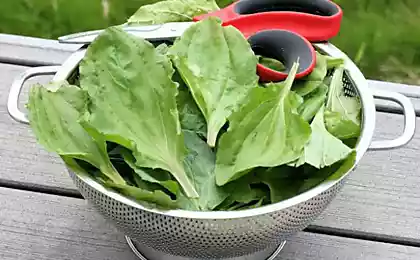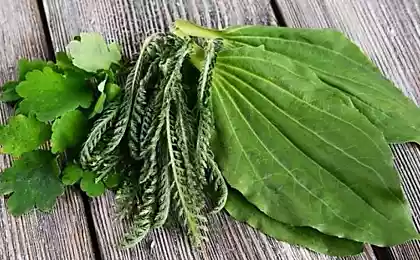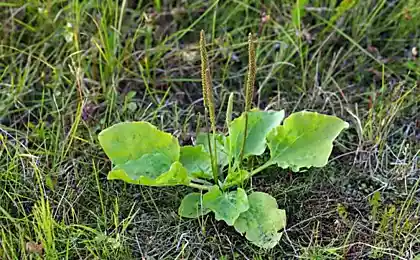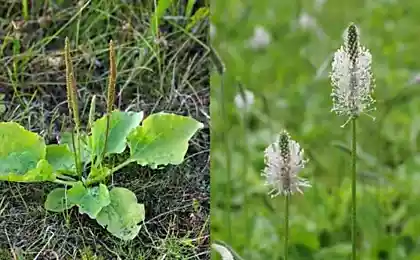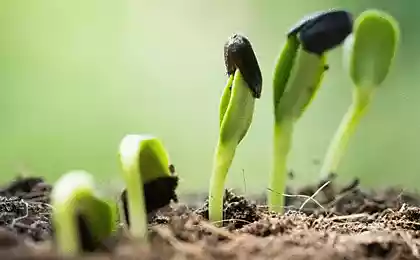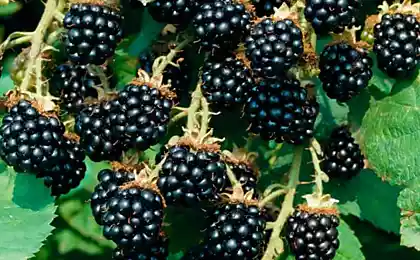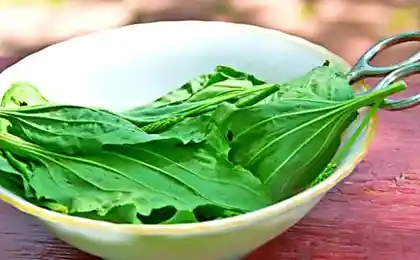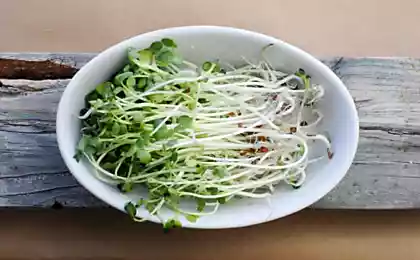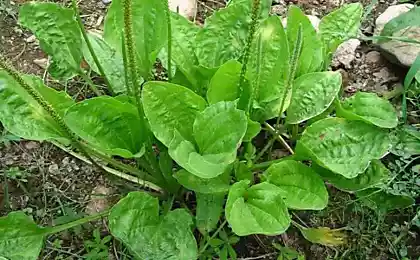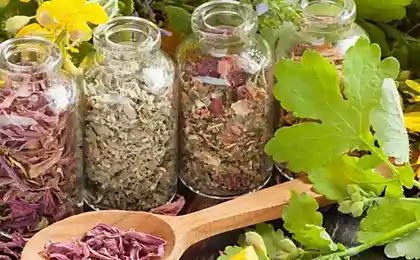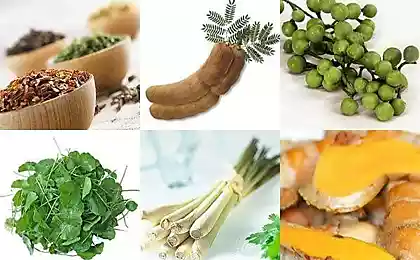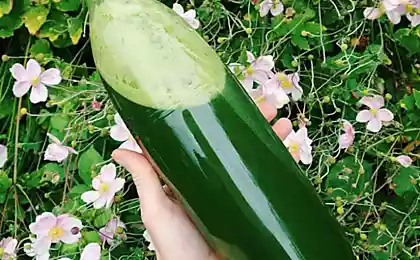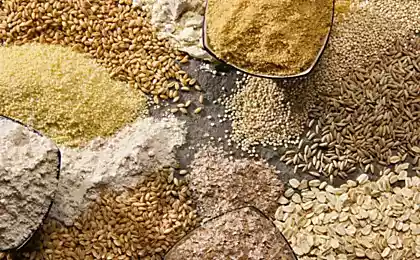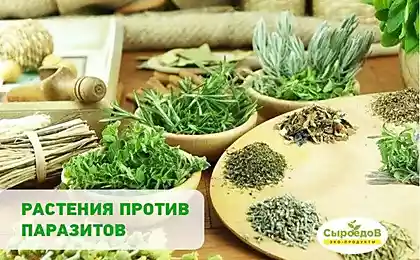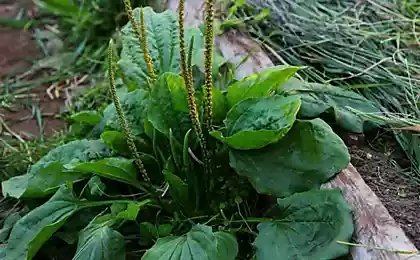453
Treatment with plantain
Plantain – the name of a genus of plants of the Plantain family. Botany has more than 200 species distributed throughout the globe. Since ancient times people have used plantain for medicinal purposes, and even called it "mother of all herbs".
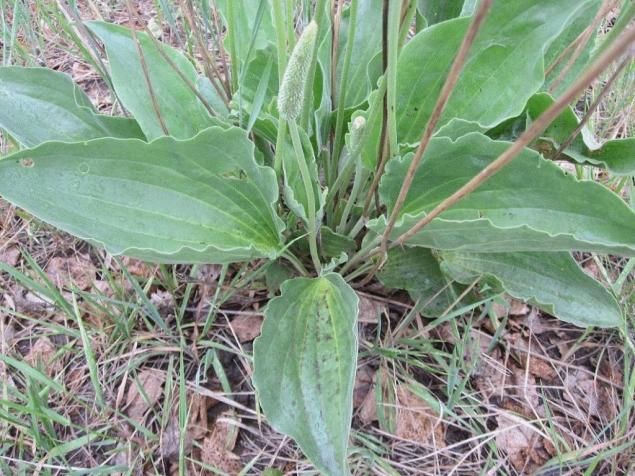
With the medical purpose use leaves and seeds. The leaves are harvested during flowering, the seeds, after ripening. The leaves are cut with a knife without damaging the root system. Dried in the attic, spreading a thin layer. Store raw materials in drawers, in linen, paper bags, boxes. Be sure to put a piece of paper with the name and date of collection. Shelf life 2 years.
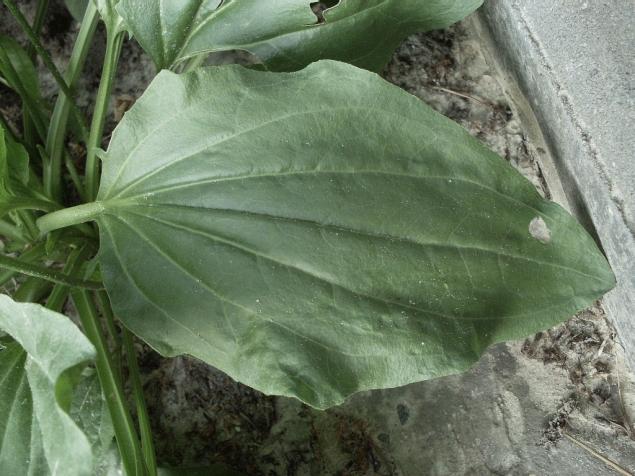
Plantain improves digestion, increases appetite, it is taken for diseases of the gastrointestinal tract, chronic gastritis with low acidity, flatulence, chronic colitis, gastric ulcer and 12 duodenal ulcer, cancer of the stomach and intestines, gall bladder disease.
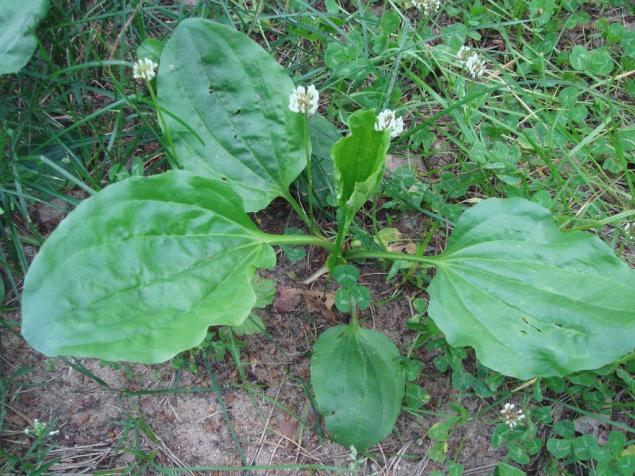
Various preparations of plantain is used in veterinary practice for the treatment of wounds, chronic ulcers, gastritis, gastroenteritis, colitis and as an expectorant.
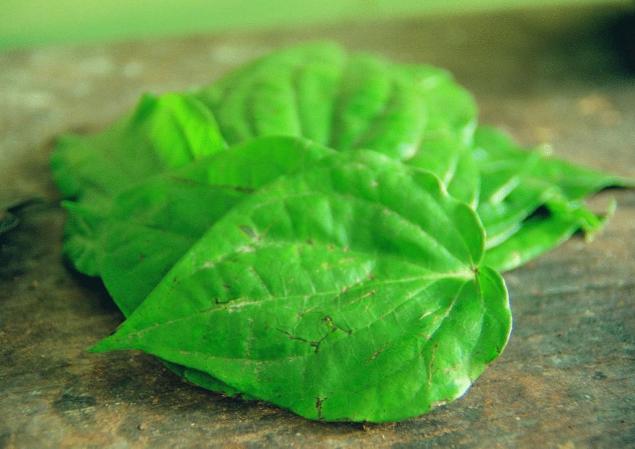
A decoction of the seeds of psyllium are used as emollient, coating agent in inflammatory processes in the stomach and intestines, and is also used for constipation, gout and hemorrhoids. One of the most effective means, with diarrhea of infectious and noninfectious origin are the dried seeds of plantain. It is necessary to take the PO1 Seman 4 times a day with warm water.
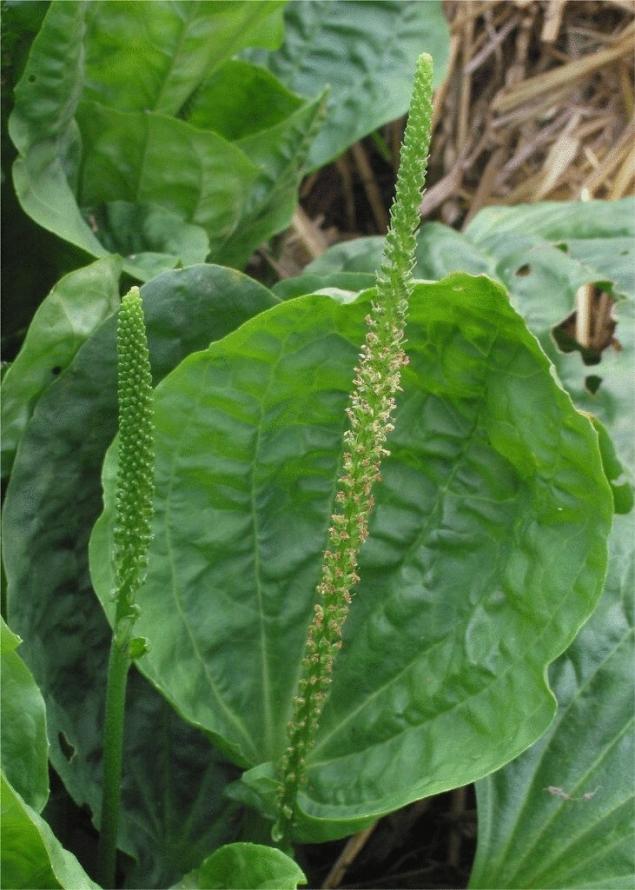
Plantain has hemostatic, anti-inflammatory, bactericidal, analgesic, wound healing, expectorant, sedative and anti-allergic effect. Preparations from the leaves of plantain are useful for headaches, metabolic disorders, eye diseases, diabetes, neurasthenia, anemia, gall bladder disease, heart failure and arrhythmias.
Source: /users/155

With the medical purpose use leaves and seeds. The leaves are harvested during flowering, the seeds, after ripening. The leaves are cut with a knife without damaging the root system. Dried in the attic, spreading a thin layer. Store raw materials in drawers, in linen, paper bags, boxes. Be sure to put a piece of paper with the name and date of collection. Shelf life 2 years.

Plantain improves digestion, increases appetite, it is taken for diseases of the gastrointestinal tract, chronic gastritis with low acidity, flatulence, chronic colitis, gastric ulcer and 12 duodenal ulcer, cancer of the stomach and intestines, gall bladder disease.

Various preparations of plantain is used in veterinary practice for the treatment of wounds, chronic ulcers, gastritis, gastroenteritis, colitis and as an expectorant.

A decoction of the seeds of psyllium are used as emollient, coating agent in inflammatory processes in the stomach and intestines, and is also used for constipation, gout and hemorrhoids. One of the most effective means, with diarrhea of infectious and noninfectious origin are the dried seeds of plantain. It is necessary to take the PO1 Seman 4 times a day with warm water.

Plantain has hemostatic, anti-inflammatory, bactericidal, analgesic, wound healing, expectorant, sedative and anti-allergic effect. Preparations from the leaves of plantain are useful for headaches, metabolic disorders, eye diseases, diabetes, neurasthenia, anemia, gall bladder disease, heart failure and arrhythmias.
Source: /users/155

